Best Selling- Dog Memorial Stone
View allNavigating the Pain: How to Cope with the Loss of a Dog
The loss of a dog, a heartrending journey that leaves us grappling with emotions beyond words. Our four-legged companions, filled with boundless love and unwavering loyalty, hold a special place in our lives. When they depart, they leave an irreplaceable void that can shake us to the core. This guide is here to offer solace and support to those navigating the turbulent sea of emotions after experiencing the loss of a beloved dog.
Within these pages, we embark on a quest to navigate the pain and find solace in the face of this profound loss. We understand the depth of grief and sorrow that accompanies bidding farewell to a cherished canine companion. This guide is not just a manual, but a compassionate hand to hold during the darkest hours, offering practical coping strategies to help mend our shattered hearts.
Together, we will honor the memory of our beloved dogs and discover the resilience within ourselves. We will navigate the stormy seas of grief, finding hope and healing along the way. Let us embark on this transformative journey, and may it lead us towards brighter shores, where the love we shared with our dogs forever shines.

Understanding Dog Grief and The Loss of a Dog
Acknowledging and accepting your emotions
When faced with the loss of a beloved dog, it becomes crucial to recognize and embrace the multitude of emotions that emerge. Give yourself the permission to grieve, creating a safe space where tears can flow and heartache can be felt.
Understand that it is completely normal to experience a wide spectrum of emotions, ranging from profound sadness and longing to moments of anger and frustration. By acknowledging and accepting these emotions, you embark on the initial step toward the healing process.
Recognizing the stages of dog grief
Grief often follows a non-linear path, encompassing various stages that we navigate in our own time and unique way. Understanding these stages can help us make sense of our emotions and reactions. The stages of grief include:
- Denial and shock: Initially, it may be difficult to comprehend the reality of the loss. Denial and shock serve as protective mechanisms, allowing us to gradually process the overwhelming truth.
- Anger and guilt: As the reality sinks in, anger and guilt may emerge. It is common to feel anger towards the circumstances or even towards ourselves, questioning if we could have done more. It is crucial to recognize these feelings and offer ourselves compassion.
- Sadness and depression: The deep sadness that accompanies the loss of a dog can be overwhelming. It is natural to experience profound sadness, which may manifest as depression. Seeking support and finding healthy ways to express this sadness is vital.
- Acceptance and healing: With time, acceptance begins to take root, and the healing process unfolds. Acceptance does not mean forgetting; rather, it signifies finding a place of peace and moving forward while cherishing the memories of our beloved dog.
Knowing that everyone grieves differently
Grief is a deeply personal and individual experience. It is important to understand that everyone grieves in their way and at their own pace. There is no "right" or "wrong" way to grieve the loss of a dog.
Some may find solace in sharing their emotions openly, while others may prefer a more private approach. Respect your own grief journey and honor the unique ways in which others cope with their losses. Remember, there is no timeline for healing, and the path to recovery is as unique as the bond you shared with your dog.
Honoring Your Dog's Memory
Creating a memorial or tribute
When seeking to honor the memory of your beloved dog, there are various meaningful ways to pay tribute to their life:
- Planting a tree or flower: Consider planting a tree or flower in their honor, creating a living tribute that symbolizes their enduring presence and beauty.
- Making a scrapbook or photo album: Compile cherished photographs and mementos of your dog, capturing their life's precious moments in a heartfelt scrapbook or photo album. This tangible tribute allows you to reflect on the joyful times shared together.
- Donating to an animal charity in their name: Make a positive impact in memory of your dog by donating to an animal charity or rescue organization. This act of kindness not only honors their legacy but also helps other animals in need.
Sharing stories and memories with others
Share the stories, memories, and adventures you had with your dog with like-minded individuals who comprehend the profound bond between humans and their furry companions. Engage in heartfelt conversations, reminisce about the precious moments, and joyously celebrate the love and happiness your dog brought into your life.
By sharing these experiences, you not only find comfort in the understanding of others but also strengthen the connection among fellow dog lovers. Together, you can find solace in the shared appreciation for the unique and extraordinary relationships we form with our canine friends.
Keeping their presence alive through rituals or traditions
To keep your dog's spirit alive, consider incorporating rituals or traditions that honor their memory:
- Light a candle on special occasions or anniversaries to symbolize their continued presence in your heart.
- Set aside moments of quiet reflection or meditation dedicated to remembering your dog and the love you shared.
- Create a special memorial space in your home or garden, adorned with photos, favorite toys, or other cherished items.
These rituals and traditions serve as comforting reminders of the enduring bond you shared with your dog, allowing their memory to live on in your daily life.
Finding Support
Talking to friends and family about the loss of a dog
During times of grief and loss, reaching out to friends and family can provide invaluable support. Share your feelings and memories of your beloved dog with loved ones who understand and empathize with your pain. Their presence and listening ear can offer comfort and solace as you navigate through the grieving process.
Seeking support from dog grief online communities or forums
In the digital age, online communities and forums dedicated to pet loss and bereavement can be a source of immense support. Connect with individuals who have experienced a similar loss and share your journey with them. These online spaces provide a safe and understanding environment where you can find solace, gain insights, and receive support from a community of empathetic individuals.
Considering professional help
- Dog grief counselors or therapists
Sometimes, the depth of grief and the complexity of emotions following the loss of a dog may require professional assistance. Pet grief counselors or therapists specialize in helping individuals navigate the unique challenges of pet loss. Their expertise and compassionate guidance can offer a supportive space to process your emotions, find coping strategies, and facilitate healing.
- Support groups or bereavement counseling
Joining a support group or seeking bereavement counseling specifically tailored for pet loss can provide tremendous comfort. These groups offer a compassionate and understanding environment where you can share your experiences, listen to others, and learn from their coping strategies. Being surrounded by individuals who have gone through similar journeys can help validate your emotions and offer a sense of community.
Remember, seeking support is a sign of strength, and there are resources available to help you through this challenging time. Whether it's leaning on loved ones, finding solace in online communities, or seeking professional guidance, reaching out for support can aid in the healing process and provide the tools to navigate the path of grief and loss.
Taking Care of Yourself
Practicing self-care
To ensure your well-being during the dog grieving process, it is essential to practice self-care. This involves:
- Engaging in activities you enjoy: By participating in activities that bring you joy, such as taking walks or reading books, you can find moments of respite from the pain.
- Prioritizing rest: Recognizing that grief can be physically and emotionally exhausting, it is important to prioritize relaxation. Taking breaks, getting sufficient sleep, and practicing relaxation techniques like deep breathing or meditation can restore your energy and promote a sense of calm.
- Maintaining a healthy routine: Establishing a healthy routine can provide stability during this difficult time. Focus on nourishing your body with nutritious meals, staying hydrated, and engaging in regular exercise. Taking care of your physical health can positively impact your emotional well-being.
Expressing your emotions of healing dog grief
Finding healthy outlets to express your emotions is crucial for healing. Consider the following strategies:
- Journaling or writing letters to your dog: Putting your thoughts, feelings, and cherished memories on paper through journaling or writing letters can provide a cathartic release. It allows you to have a conversation with your dog and express what is in your heart.
- Creating art or music as an outlet: Engaging in creative activities such as painting, drawing, or playing music can serve as a means to channel your emotions. Through artistic expression, you can find an outlet for processing grief and conveying emotions that may be difficult to articulate verbally.
- Joining a support group for pet loss: By connecting with others who have experienced a similar loss, you can find solace and understanding in a support group. Sharing your feelings, gaining insights, and knowing you are not alone in your journey can be a source of comfort.
Allowing yourself time to heal the loss of a dog
Healing from the loss of a beloved dog takes time, and it is essential to grant yourself the necessary space and patience. Recognize that healing is a personal journey and may not follow a linear path.
By practicing self-care, expressing your emotions in healthy ways, and giving yourself the time you need, you can nurture your well-being and gradually find healing amidst the pain of losing your beloved dog.
Final Thoughts
The pain that accompanies the loss of a dog is undeniably profound, reaching into the depths of our hearts. It can leave us feeling shattered and overwhelmed. However, with the support of others and by practicing self-care, we can navigate through the darkness and emerge on the other side, carrying the memories of our beloved dogs with us.
As we bid farewell to our beloved dogs, we must hold onto the love and joy they brought into our lives. Their wagging tails, unconditional affection, and playful antics enriched our days and left an indelible mark on our souls. While their physical presence may be gone, the impact of their love and companionship remains. Therefore, as we move forward, we can find solace and inspiration in their memories.
By finding healing amidst the pain of loss, we can create a future where the memories of our beloved dogs continue to inspire and guide us. It is not about erasing the pain or forgetting them, but rather carrying their memory with us as we forge ahead.
In conclusion, the pain of losing a dog, though profound, can be overcome. Through the love and joy they bestowed upon us, we find the strength to face grief head-on and embark on the healing journey. Let us embrace their memory, seek support from others, and look forward to a future where their legacy lives on within our hearts.


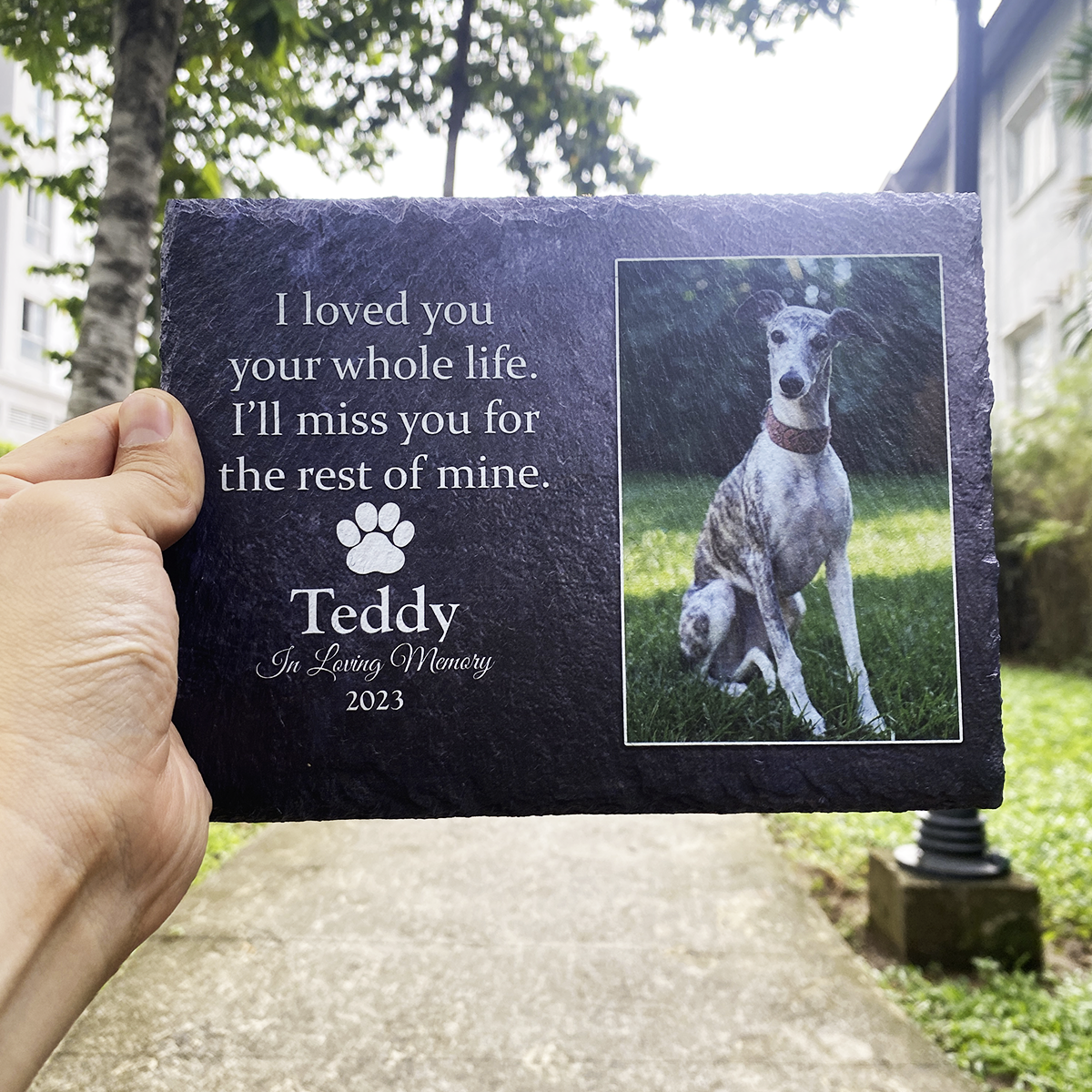
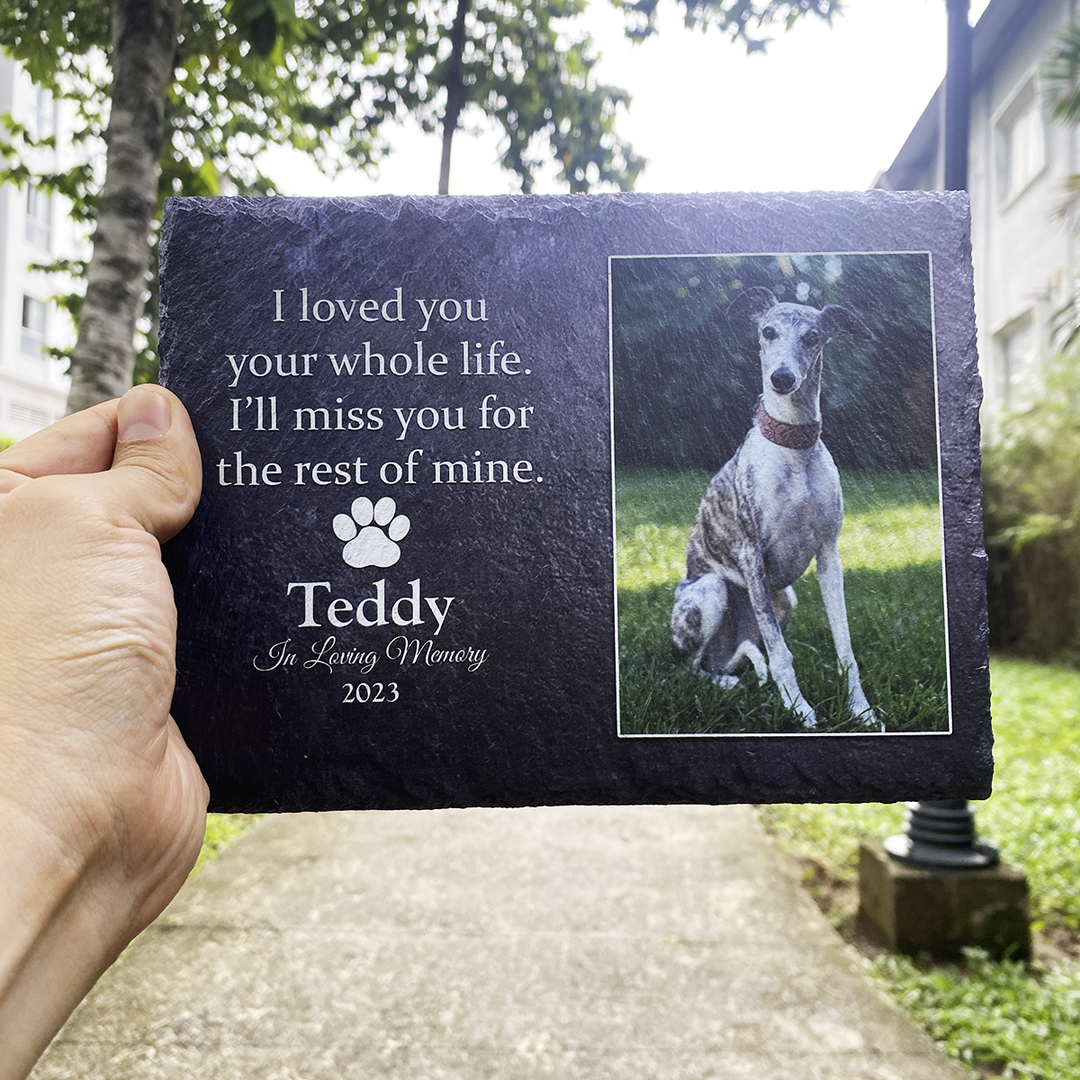
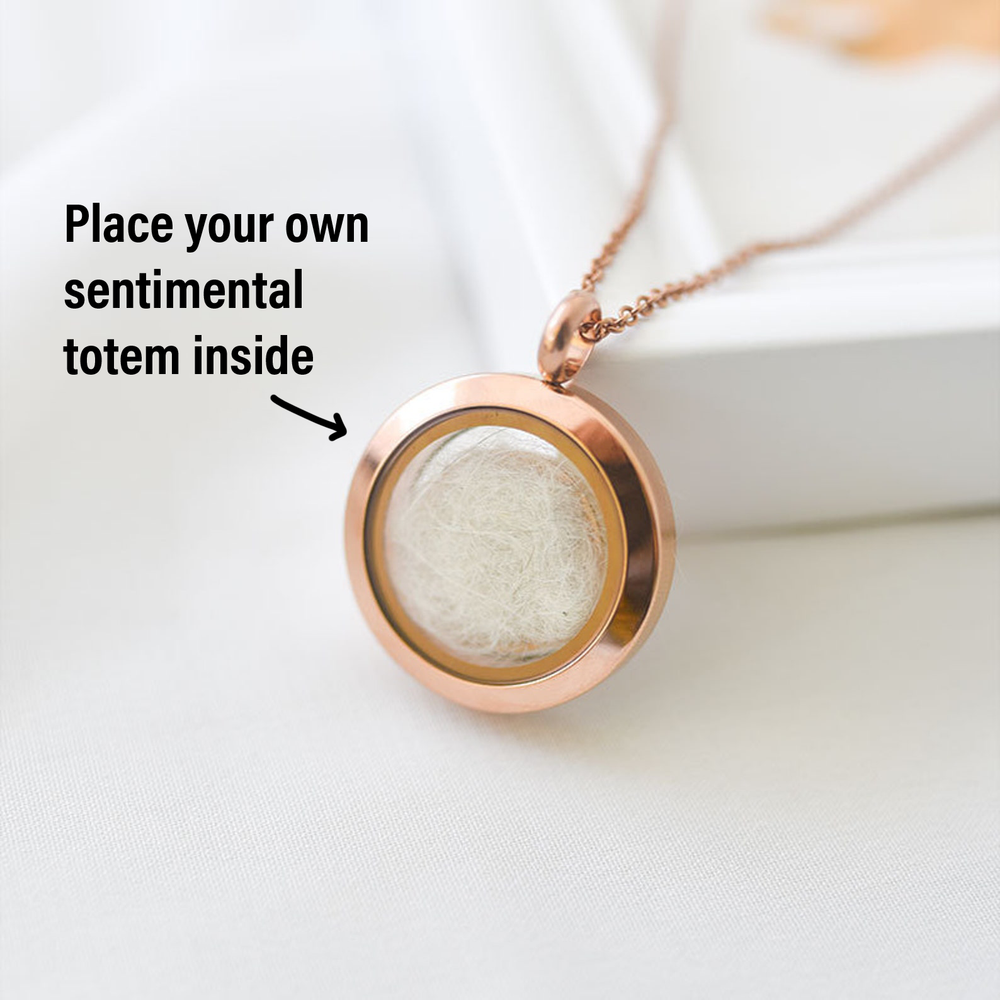
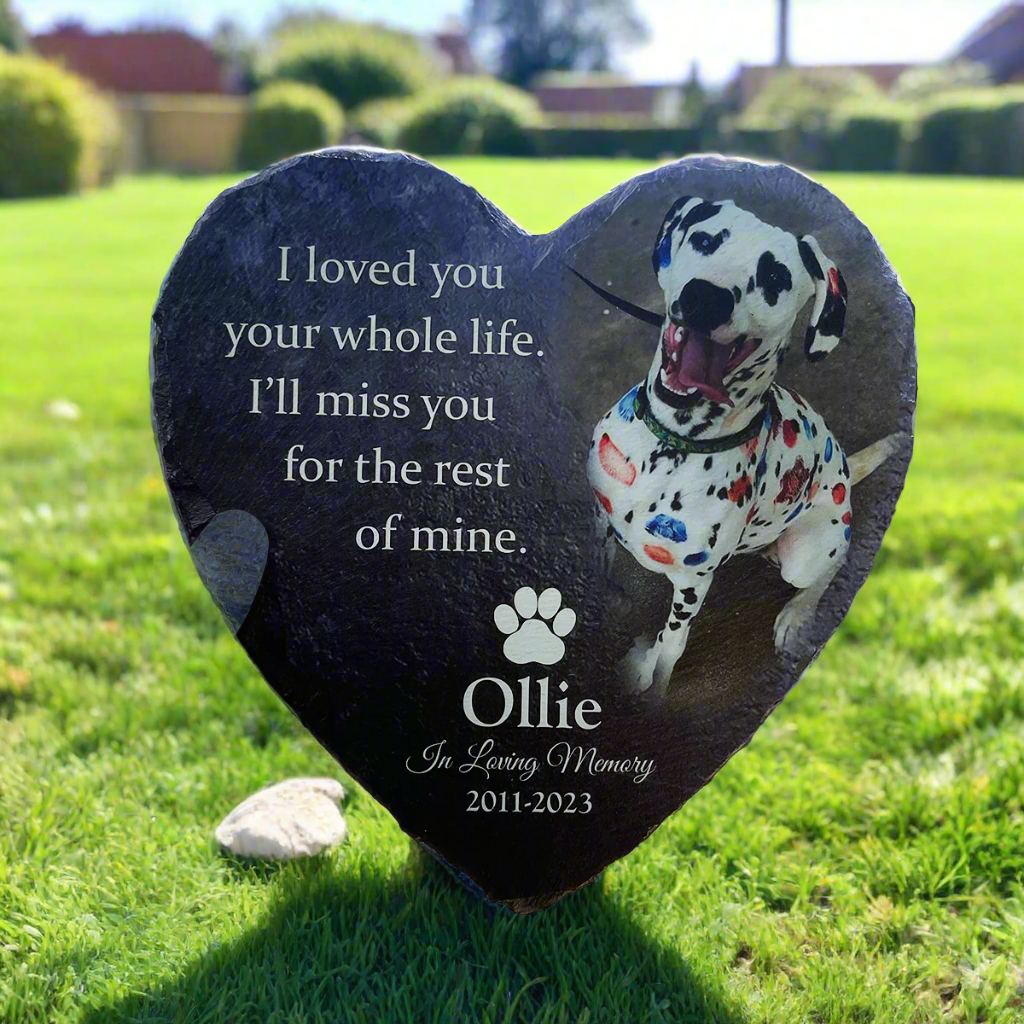
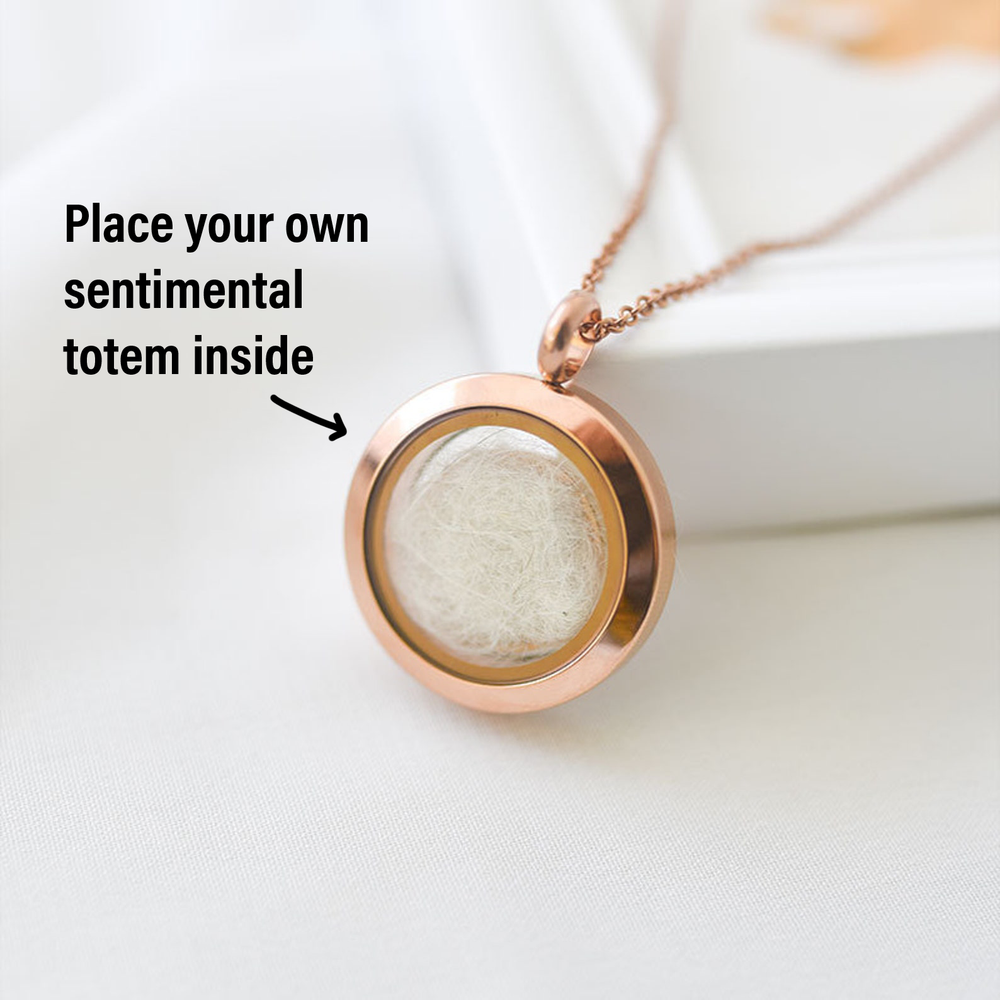
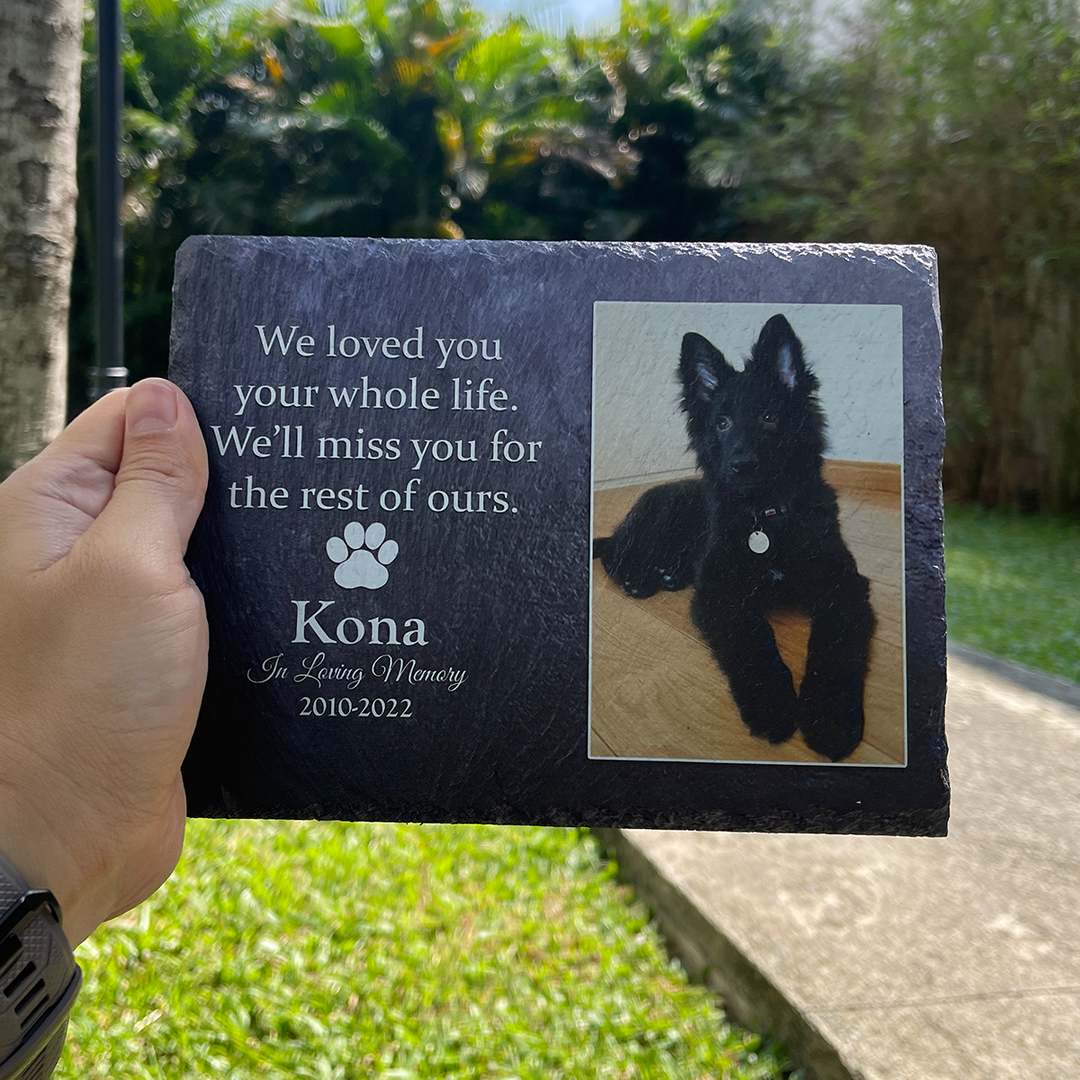
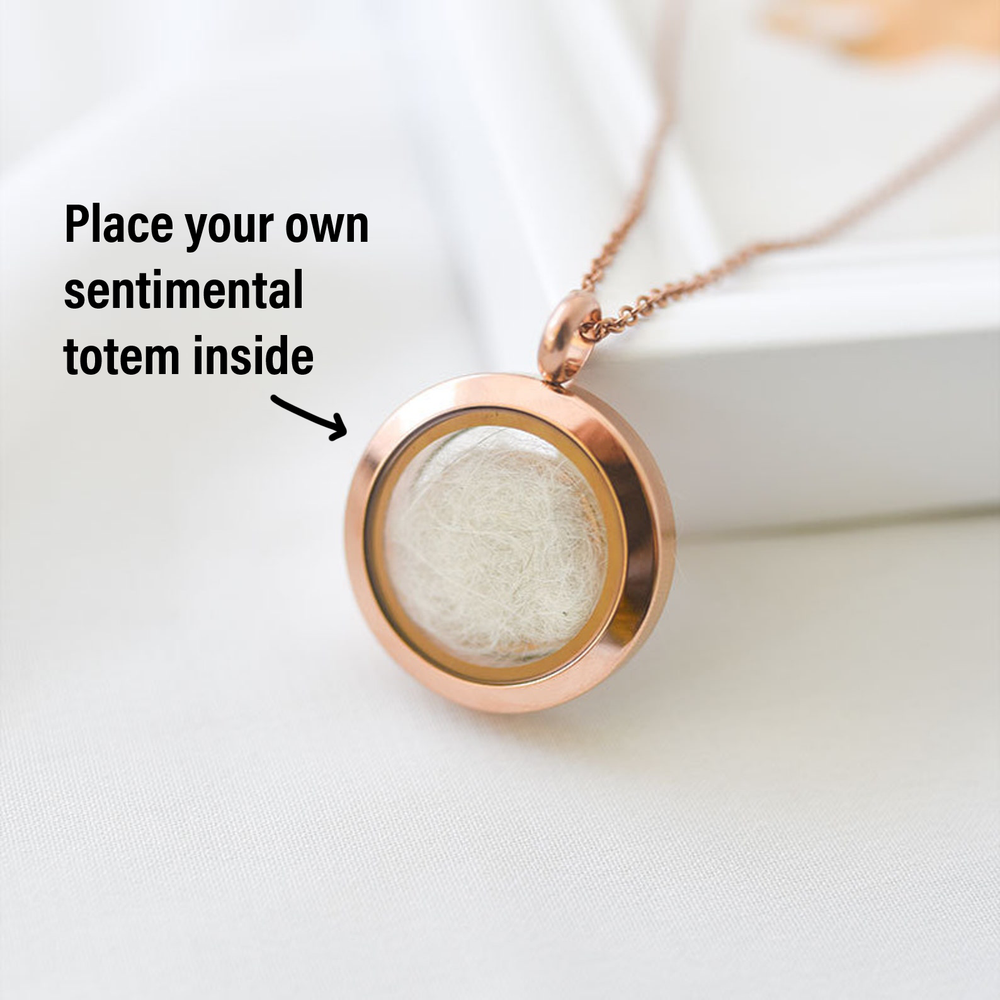
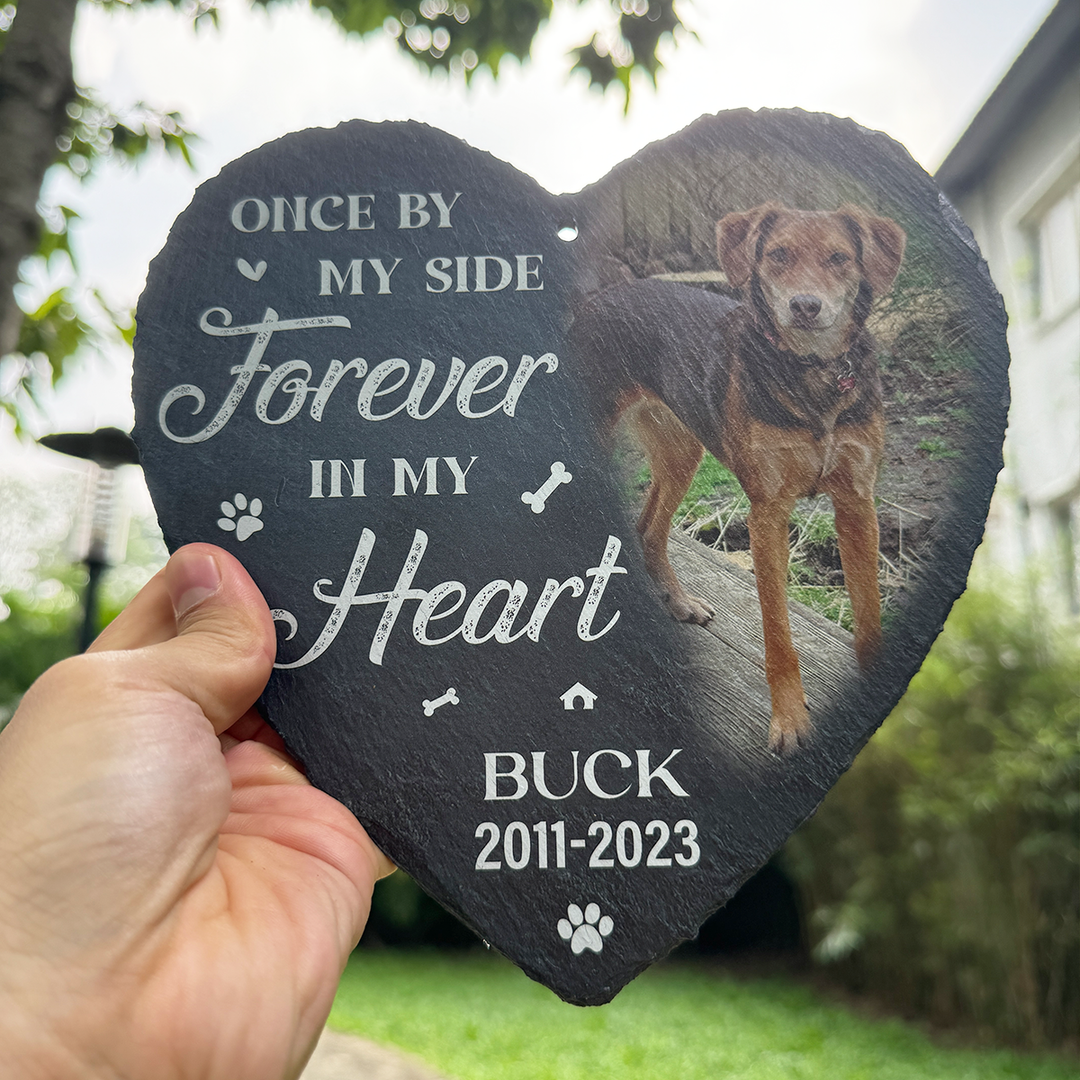
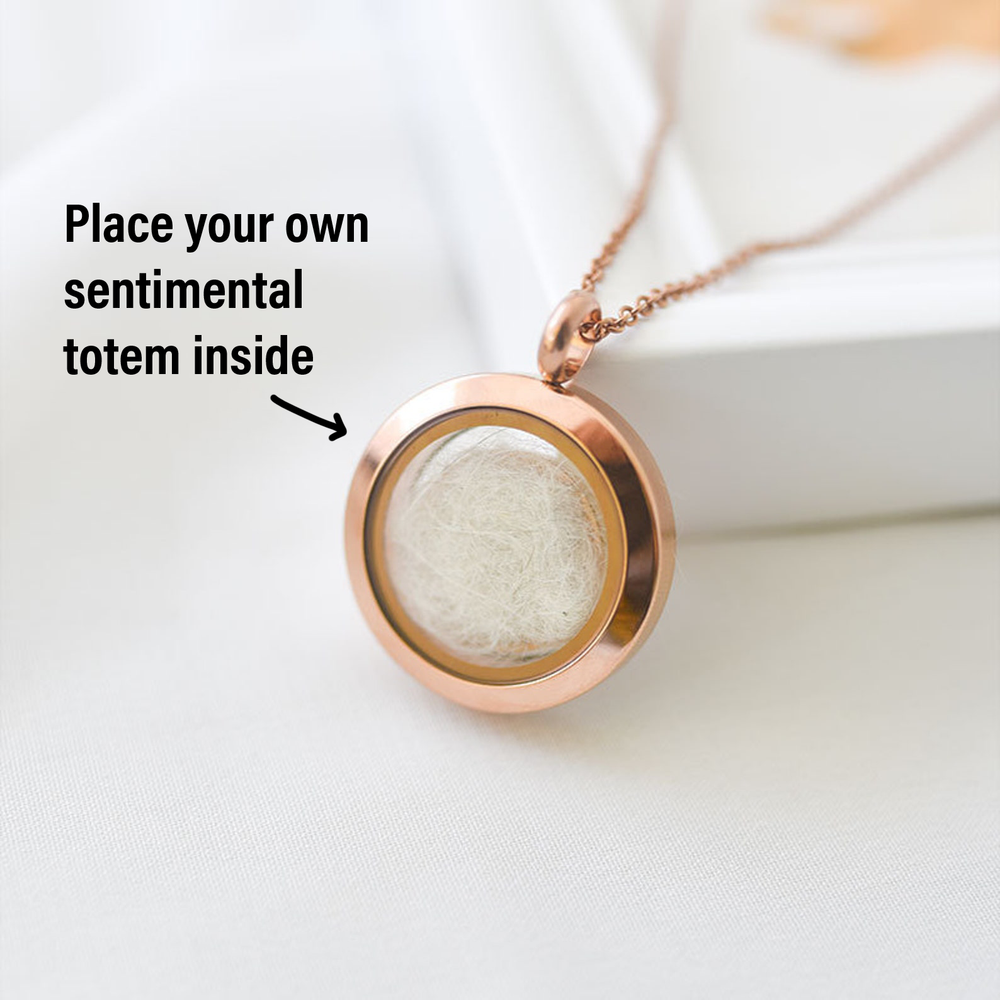
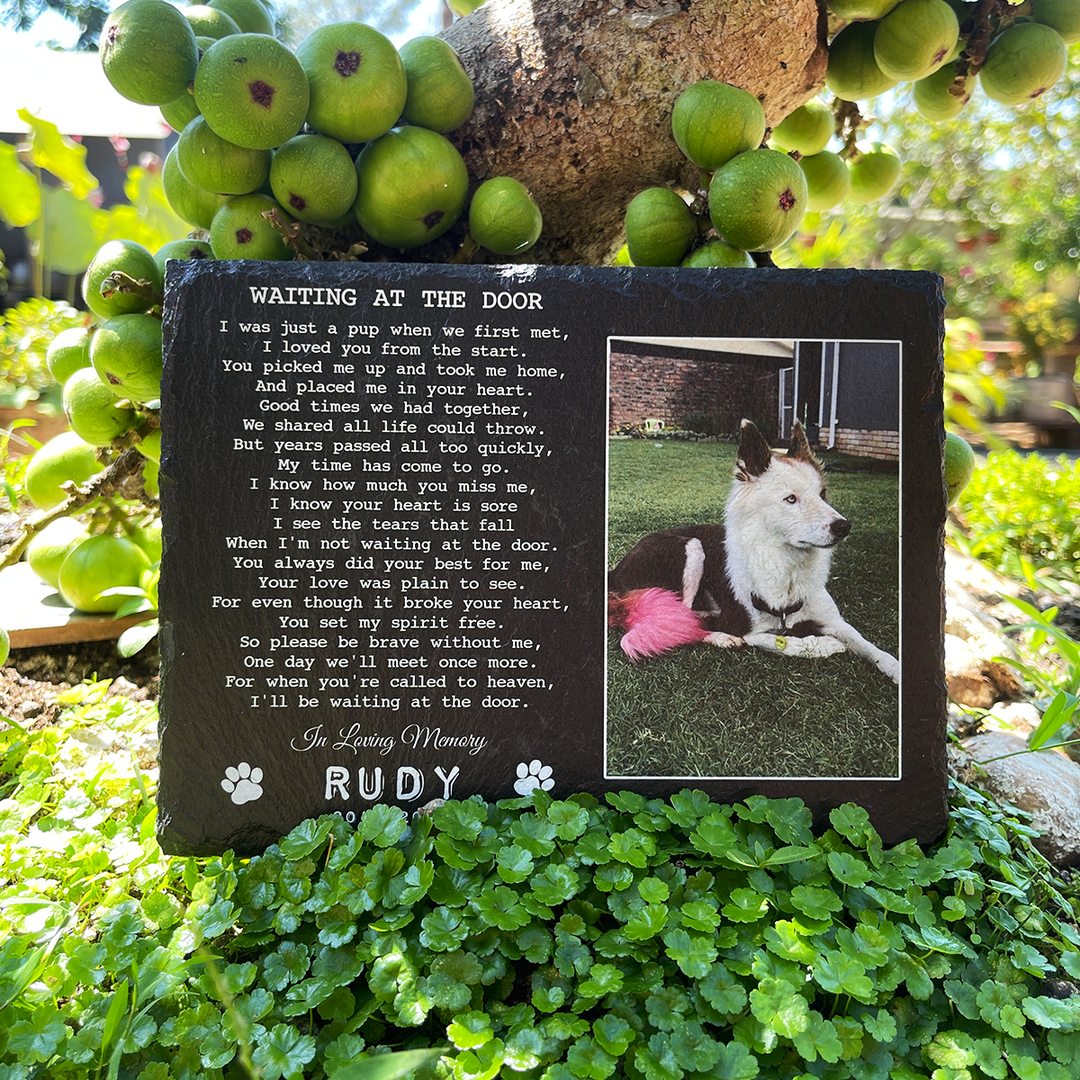
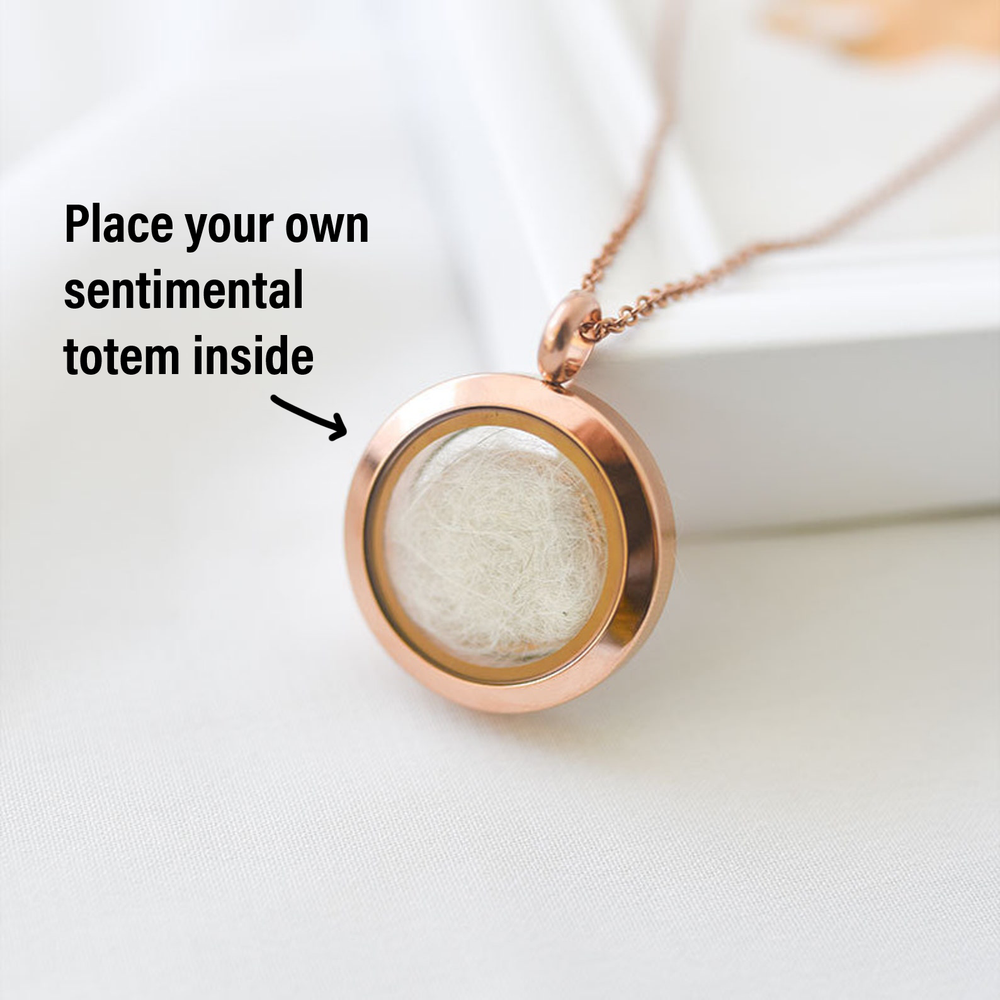

Leave a comment